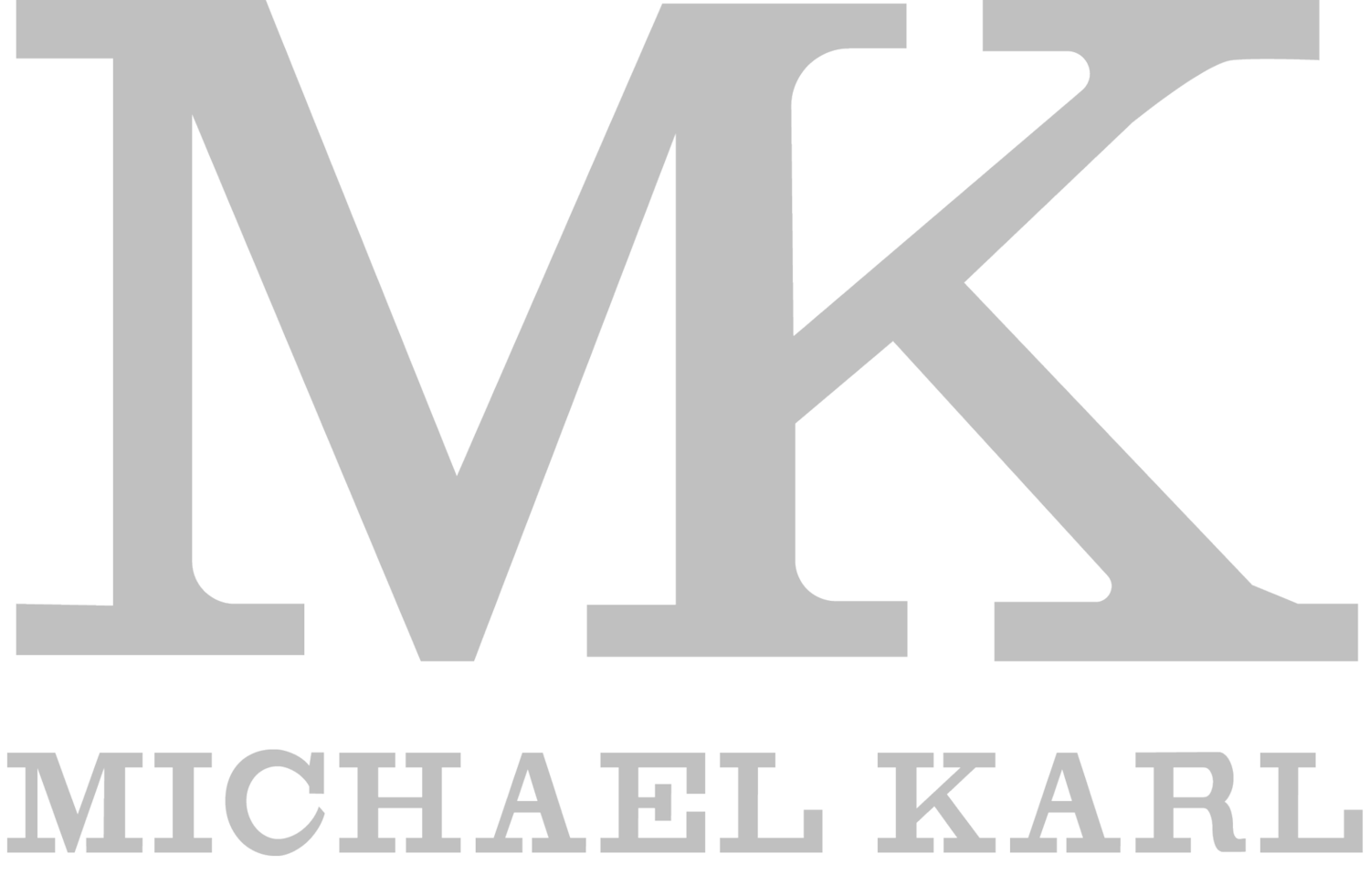Effective communication skills are essential for success in any workplace. Whether you work in a small team or a large corporation, communication is vital to building relationships, collaborating on projects, and achieving common goals. Poor communication skills can lead to misunderstandings, missed deadlines, and even conflicts. However, with a few simple strategies, anyone can improve their communication skills and become a more effective communicator at work.
Understand Your Audience
The first step in improving your communication skills is to understand your audience. Whether you are speaking to a coworker, a manager, or a client, you need to tailor your message to their needs and expectations. Take the time to understand their communication style, their goals, and their priorities. This will help you to frame your message in a way that resonates with them and increases the likelihood of a positive outcome.
Be Clear and Concise
Clear and concise communication is key to being an effective communicator. Avoid using jargon or technical terms that may be unfamiliar to your audience. Instead, use simple language that is easy to understand. Also, be mindful of your tone and body language. Make sure your message is delivered in a friendly and approachable manner.
Listen More Than You Speak
Effective communication is not just about talking; it's also about listening. When you listen actively, you demonstrate that you value the other person's input and perspective. This can help build trust and rapport. To be an active listener, focus on the speaker's message, maintain eye contact, and avoid interrupting. Clarify your understanding by summarizing what the speaker has said before responding.
Ask Open-Ended Questions
Asking open-ended questions is an effective way to encourage discussion and collaboration. Open-ended questions require more than a simple yes or no answer and can help generate new ideas and solutions. When asking questions, be genuine and curious. Avoid using leading questions that may bias the response. Instead, focus on questions that encourage the speaker to share their thoughts and ideas.
Give and Receive Feedback
Giving and receiving feedback is crucial to improving communication skills. Feedback can help identify areas for improvement and highlight successes. When giving feedback, be specific and objective. Focus on behaviors rather than personalities. When receiving feedback, be open-minded and avoid becoming defensive. Take the feedback as an opportunity to learn and grow.
Use Visual Aids
Visual aids such as graphs, charts, and images can help convey complex information in a simple and easy-to-understand way. Visual aids can also help engage your audience and make your presentation more memorable. When using visual aids, make sure they are relevant and easy to read. Avoid using too many visual aids or cluttering your presentation with unnecessary information.
Practice Active Listening
Active listening is a skill that can be practiced and improved over time. To practice active listening, start by paying attention to the speaker's nonverbal cues such as facial expressions and body language. Then, focus on the content of their message. Ask clarifying questions and summarize their message to ensure you understand their perspective. Finally, respond in a way that demonstrates that you have listened and understood.
Conclusion
Effective communication skills are essential for success in any workplace. By understanding your audience, being clear and concise, listening more than you speak, asking open-ended questions, giving and receiving feedback, using visual aids, and practicing active listening, you can improve your communication skills and become a more effective communicator at work. Remember that communication is a two-way street, and both speaking and listening are equally important. By practicing these strategies, you can build stronger relationships, collaborate more effectively, and achieve common goals.
Are you ready to take your communication skills to the next level? Look no further than Michael Karl, the expert communications trainer who can teach you the power of influence and persuasion. Don't miss out on the opportunity to improve your communication skills and transform your personal and professional relationships.

